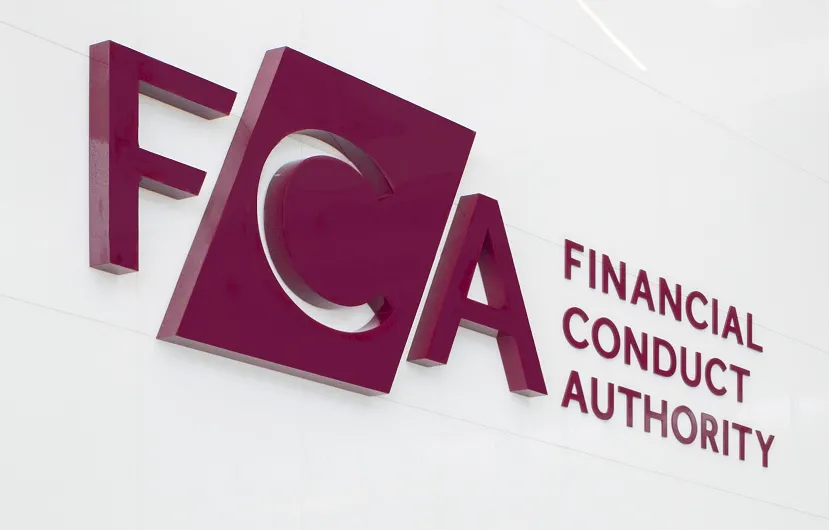Between April 1, 2024, and March 31, 2025, the Financial Conduct Authority (FCA) was contacted by whistleblowers 1,131 times, resulting in a total of 2,684 individual allegations. These disclosures prompted the FCA to take direct action on 908 occasions, which included everything from formal investigations to enforcement measures. Notably, this year saw a significant rise in complaints related to the recently implemented Consumer Duty rules.
Consumer Duty: A Growing Area of Concern
Out of all the allegations received, 209 were specifically tied to Consumer Duty issues, making it one of the top ten categories reported by whistleblowers. These concerns often revolved around mis-selling, poor advice, and insufficient attention to customer outcomes. The most common problem cited overall was compliance, with 685 allegations falling into that category.
The FCA’s whistleblowing data for 2023 shows that Consumer Duty became a distinct area of focus in the third quarter. During that time, the regulator received 280 new reports, which contained 794 allegations across five main themes: fitness and propriety, treating customers fairly (now under Consumer Duty), the Financial Services and Markets Act (FSMA), company culture, and compliance.
In the fourth quarter, the FCA received 249 further reports, generating 649 allegations. Consumer Duty, compliance, fitness and propriety, and culture continued to be the most frequently reported issues.
The FCA has now replaced its “Treating Customers Fairly” category with Consumer Duty, highlighting the shift in how firms’ conduct is assessed under the new rules.
Whistleblowing Leads to FCA Regulatory Action
Several cases from the past year illustrate how whistleblowing has prompted the FCA to intervene. In one instance, multiple whistleblowers raised the alarm about a company’s advice standards, business strategy, and lack of customer focus. This led the FCA to commission a section 166 review, after which the firm agreed to make necessary changes.
In another case, a whistleblower reported a high-pressure sales culture driven by management. The FCA responded by working with the firm to overhaul its sales practices to better align with Consumer Duty requirements. In a separate situation, a report of mis-selling resulted in the FCA requiring a firm to review its historical sales to clients.
FCA’s Supervisory Responsibilities
The FCA is responsible for overseeing the conduct of around 42,000 financial firms in the UK and supervises the prudential soundness of about 41,000 of them. Its core mission is to protect consumers, ensure market integrity, and promote healthy competition. Since 2023, the FCA has also been tasked with considering the UK’s long-term economic competitiveness, though not at the expense of consumer protection.
Outcomes of Whistleblowing Investigations
In the 2024/25 period, just over half (51%) of whistleblowing investigations resulted in direct action, such as enforcement or formal reviews. Another 47% led to steps aimed at minimizing harm, like company visits or compliance checks. Around 40% of the reports contributed to ongoing supervisory work, even if no immediate action was taken. Some reports were either kept on file for future reference or were outside the FCA’s jurisdiction.
Protecting Whistleblowers
The FCA emphasizes that all whistleblowing reports are handled in strict confidence. While whistleblowers can remain anonymous, those who provide contact information allow the FCA to follow up for further details if necessary. The regulator has also improved its feedback process, offering more detailed explanations of the actions taken, within the limits of the law.
